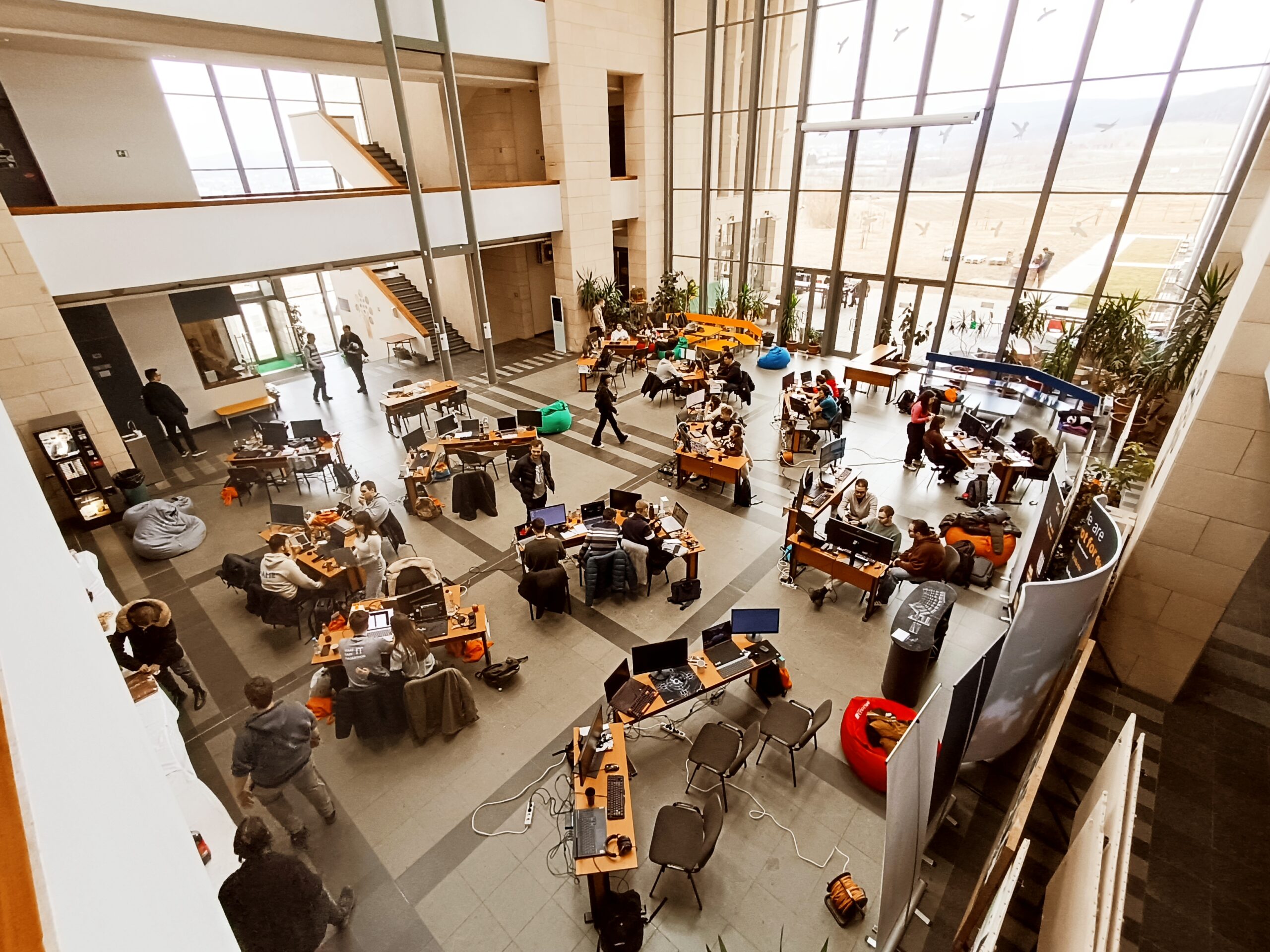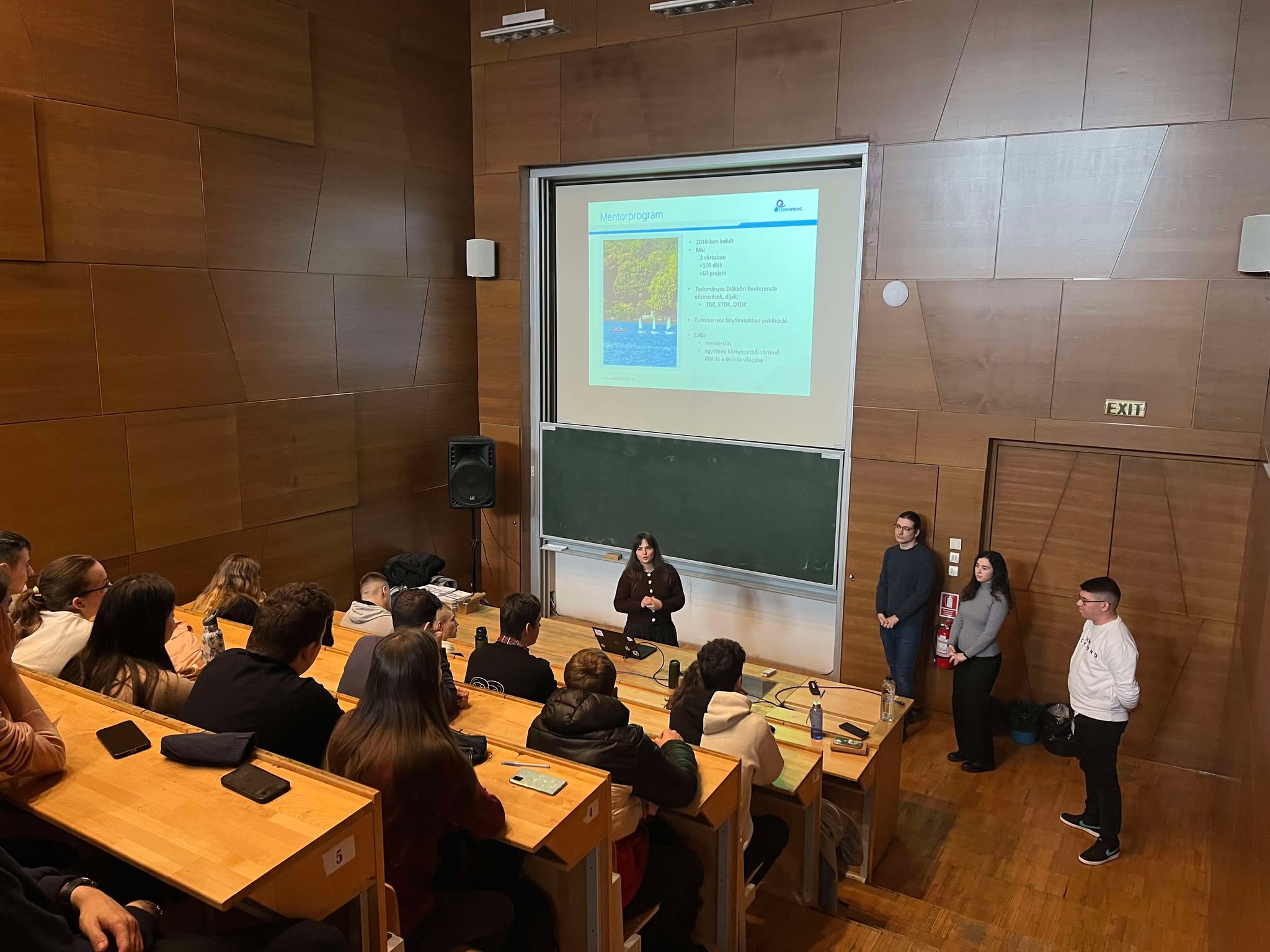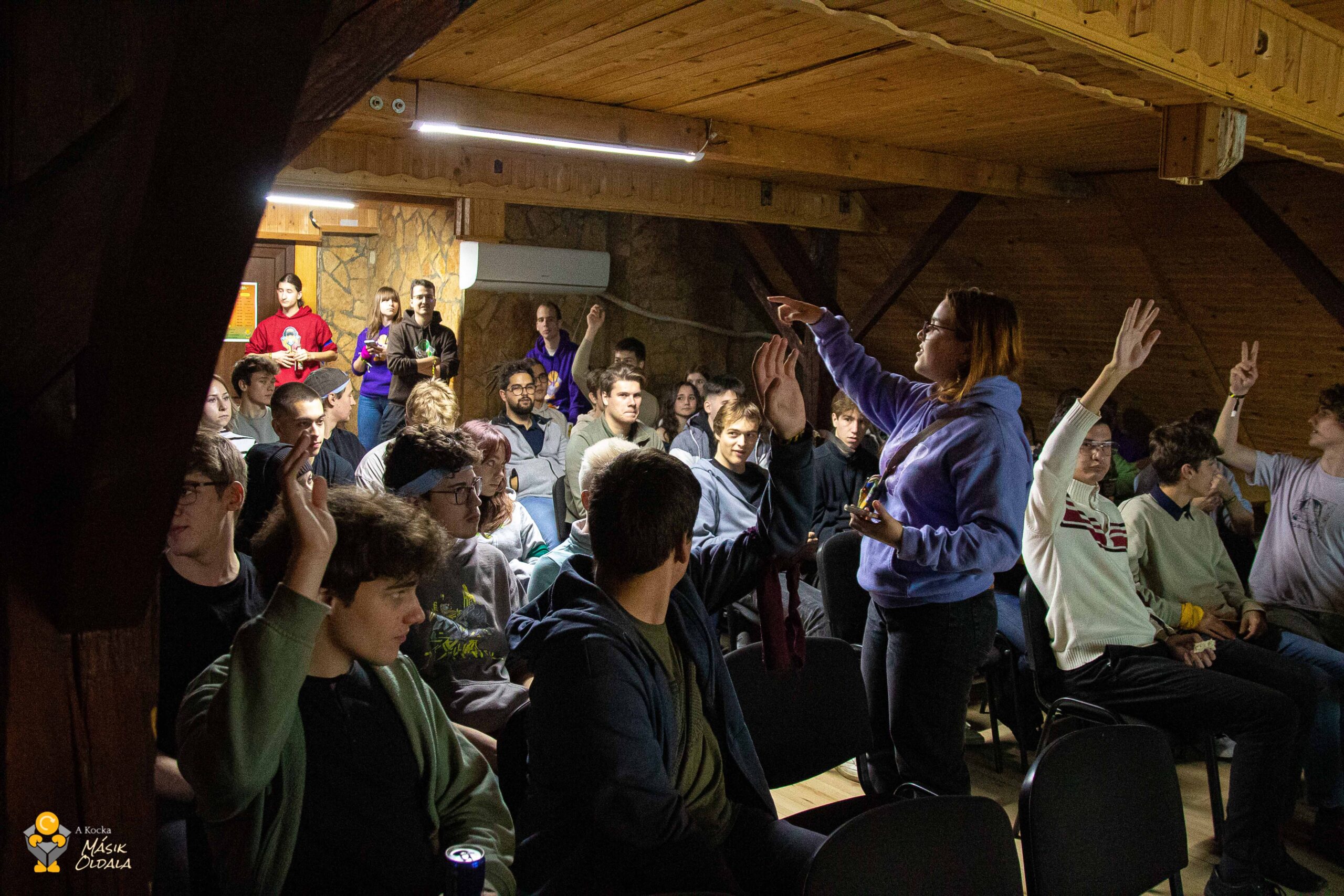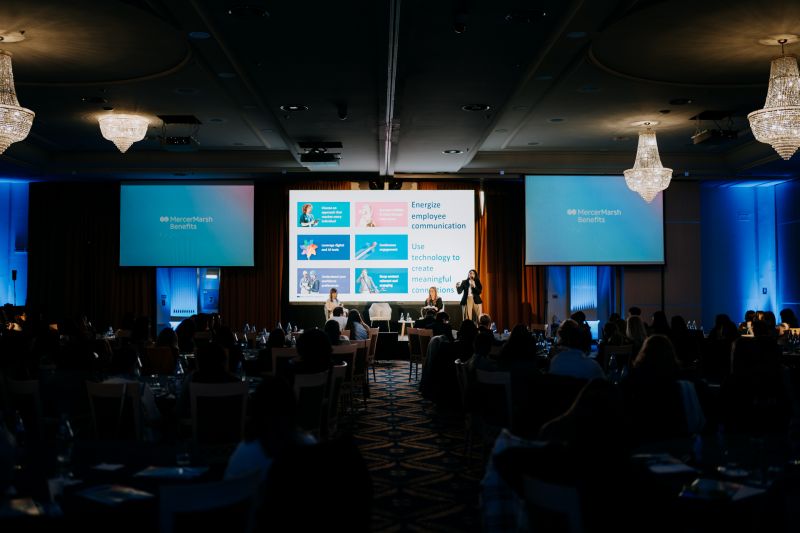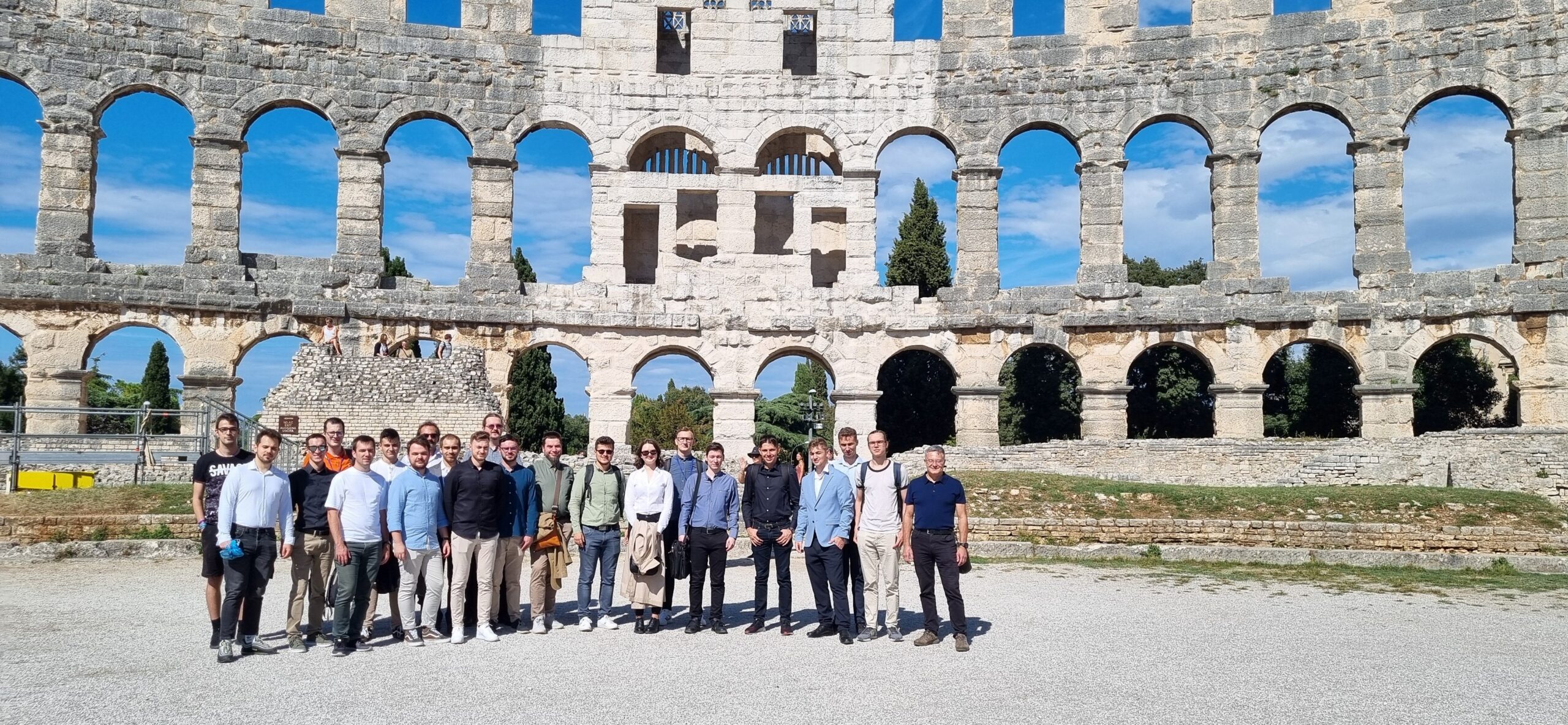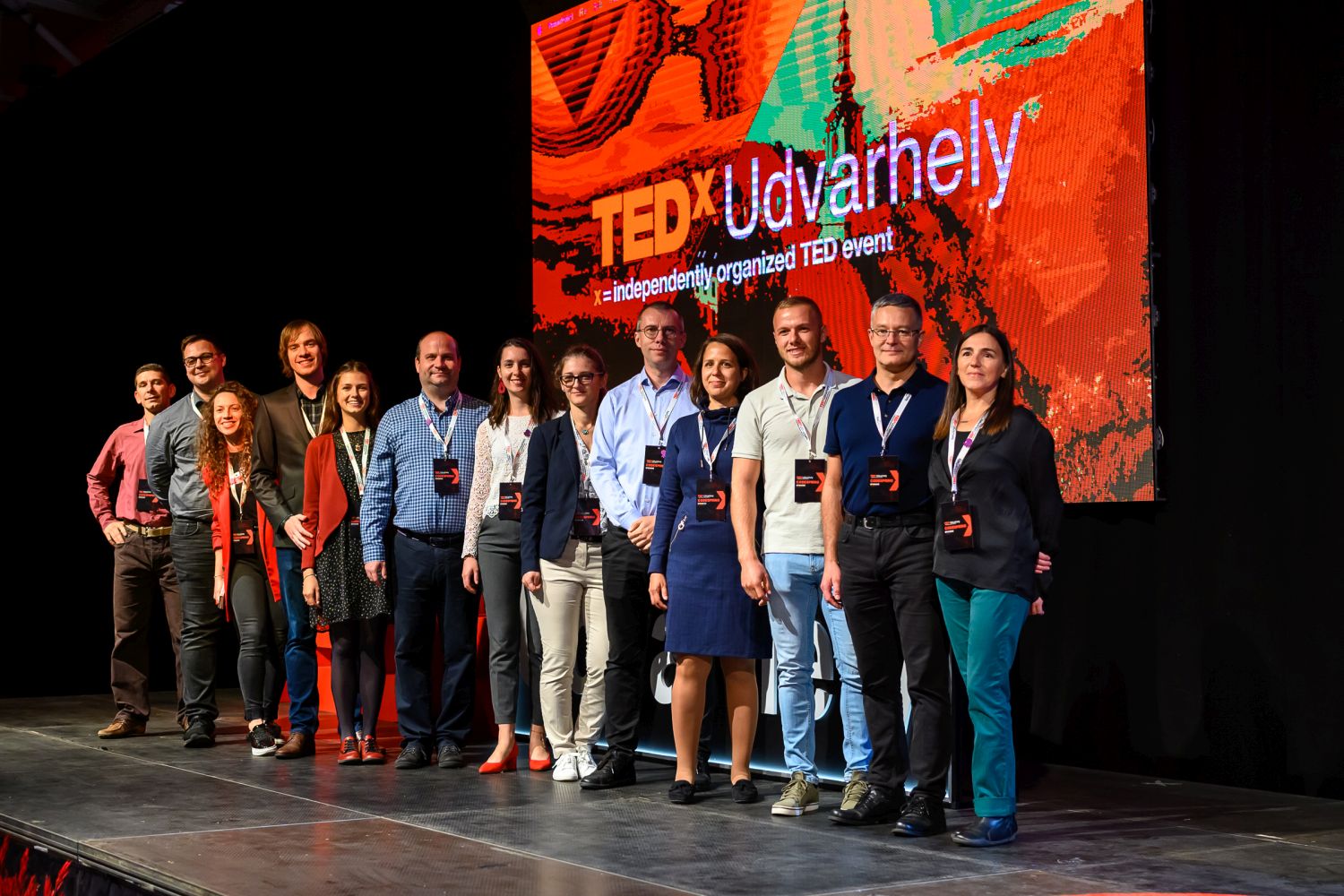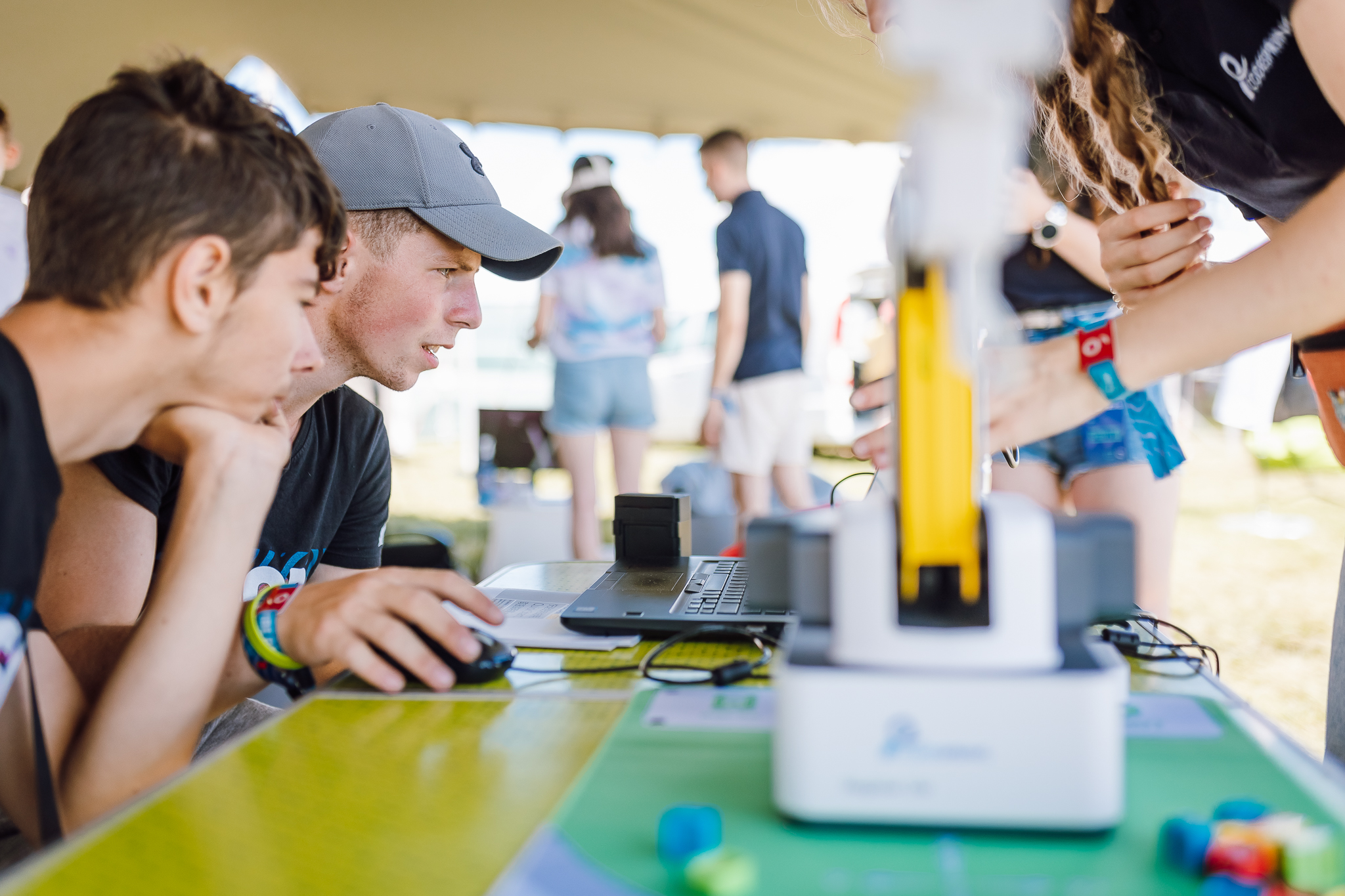
About SISY 2018
The IEEE 16th International Symposium on Intelligent Systems and Informatics – SISY 2018 symposium is designed to offer researchers an opportunity to extend the existing scientific relationships all over the world in the field of Intelligent Systems. The aim of the organizers – Óbuda University, Budapest, Hungary ; Subotica Tech, Serbia and IEEE SMC Technical Committee on Computational Cybernetics – is to provide an environment where researchers and lecturers working at various institutions may find common research areas and cooperate on bilateral or international projects.
This year’s topics covered six main areas: Computational Intelligence, Intelligent Robotics, Intelligent Mechatronics, Intelligent Manufacturing Systems, Informatics and Applied Mathematics.
Our Focus at SISY 2018
Codespring team delivered presentations and project summaries during the Computational Intelligence track which integrated projects and research on Machine Learning, Genetic Algorithms, Neural Nets, Fuzzy Systems, Fuzzy and Neuro-Fuzzy Control, Knowledge Based Systems and Expert Systems.
In addition to the before mentioned, the students and mentors delivered a wealthy work under the Informatics topic which included talks and research on the Web, Business & Digital Culture, Databases, Design & Graphics, Digital Audio, Video and Photography, Hardware, Home & Office, Networking & Sys Admin, Operating Systems, programming, Science & Math, Security Software Engineering, Healthcare Informatics, Teaching Informatics and Informatics in education process.
Codespring Attendance

Taboo, e-migrated, EKETours, Nagyappó, NetFood, Magic Dashboard and Daily Challenge projects were presented under the Informatics topic.
While the AI projects Sniff! and Birdify were submitted under the Computational Intelligence track.
Codespring Projects Summaries at SISY 2018
1. Taboo – Chord Sheet Editor and Manager Web Application, is an app designed to provide a userfriendly interface for creating and managing guitar chord sheets. The essential innovation of the application lies in the interactive interface for creating and editing these sheets, which are described by a Domain Specific Language (DSL). This markup language is interpreted by a rendering engine, facilitating the responsive appearance of the chord sheets on devices with different resolutions.
2. e-migrated – Diaspora Mapping and Collaboration Platform for Expatriates is a web application intended to measure and dynamically visualize the dispersion of specialists originating from a given country. It also gives the opportunity of interconnecting these people and to create a community, encouraging its users to build relationships and cooperate. It is a virtual link for the professionals originating from a common region, independent of current location.
3. EKETours – Software Platform for Organizing Tours – The purpose is to create a unified registration interface for tours. This makes it easier to sign up for returning hikers, as the general information requires completion only in the first occurrence of the registration. The interface provides the possibility for a single user to register the information of multiple people into several profiles. Hikers receive NFC tags to validate at checkpoints. Organizers can use a mobile application to check passers, validate and log their data.
4. Nagyappó, – Augmented Reality-based Audiobook Application is an application that is able to automatically identify legends by image recognition from the Szekelyfoldi Legendaarium ´ book and “read” them. To make the audio playback even more interesting, Augmented Reality (AR) elements are integrated into the application.

6. Magic Dashboard – Software System for Real-Time Development Tool Tracking, The primary purpose of the Magic Dashboard project is to facilitate the working progress of these developers and project managers by keeping them up to date with the changes in their projects. The system displays data from different project management systems on screens that can be built into a wall or even behind a mirror
7. Daily Challenge – software project aims to provide a unified interface for users where a multitude of challenges is available for participation. The project is divided into three components: The central server raises a scalable platform around our database and provides access options for any number of clients. Through the multi-platform native mobile application and the web-based interface, users with different roles may participate and maintain challenges.
8. Sniff! – Dog Breed Identification Using Deep Learning – The presented system employs innovative methods in deep learning, including convolutional neural networks. Two different network are trained and evaluated on the Stanford Dogs dataset. The usage/evaluation of convolutional neural networks is presented through a software system. It contains a central server and a mobile client, which includes components and libraries for evaluating on a neural network in both online and offline
9. Birdify – Bird Sound Recognition Using a Convolutional Neural Network. The system classifies bird sounds presented and tested through different configurations and hyperparameters. The MobileNet pre-trained CNN model is finetuned using a dataset acquired from the Xeno-canto bird song sharing portal, which provides a large collection of labeled and categorized recordings. Spectrograms generated from the downloaded data represent the input of the neural network
SISY 2018 in A Nutshell
To resume our 2018 experience at the The IEEE 16th International Symposium on Intelligent Systems and Informatics we may say that it was collaborative, dynamic and eye-opener for all students and researchers involved in the conference.

